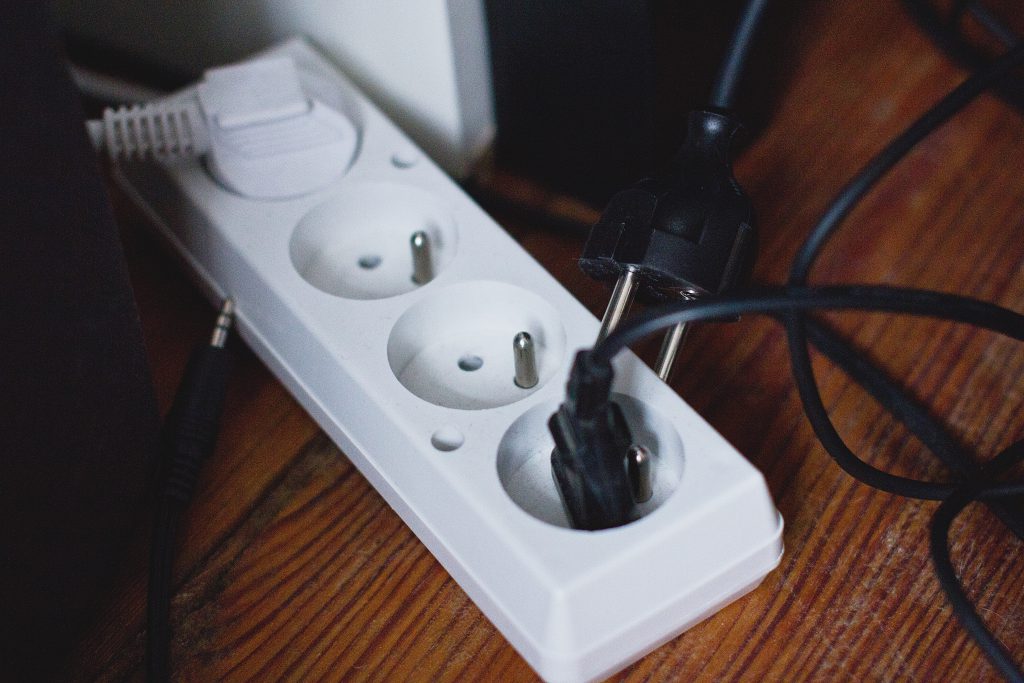Many individuals do not comprehend that, electronic surveillance involves monitoring a person or seeing’s actions or conversations without his/her understanding or authorization by using several electronic and digital devices or platforms. Electronic and digital spying is a broad term used to explain when someone enjoys another person’s actions or keeps track of an individual’s conversations without his/her knowledge or approval by using several electronic and digital devices or platforms. In a relationship where there is domestic violence or stalking, an abuser may use recording and monitoring innovation to “keep tabs” on you (the victim) by monitoring your whereabouts and discussions. The purpose for using electronic surveillance may be to keep power and control over you, to make it hard for you to have a life or any privacy different from the stalker, and/or to try to find (and stop) any plans you might be making to leave the abuser.
Electronic and digital spying can be done by misusing video cameras, recorders, wiretaps, social media, or e-mail. It can also consist of the abuse of keeping track of software application (likewise known as spyware), which can be installed on a computer system, tablet, or a smartphone to privately keep track of the gadget activity without the user’s knowledge. Spyware can enable the violent person access to everything on the phone, as well as the ability to intercept and listen in on phone calls. To find out more about spyware, go to the Safety Net’s Toolkit for Survivors or go to our Crimes page to see if there is a particular spyware law in your state.
 Is cyber spying unlawful? It depends upon whether the person doing the recording belongs to the activity or conversation and, if so, if state law then allows that recording. In many situations, what is generally described as spying, suggesting someone who is not a part of your personal/private activities or conversations monitoring or records them without your knowledge, is normally unlawful. The distinctions in between these 2 are better explained listed below. If the individual becomes part of the activity or conversation, in many states allow somebody to record a telephone call or discussion as long as a single person (including the individual doing the recording) grant the recording. Other states need that all parties to the communication authorization.
Is cyber spying unlawful? It depends upon whether the person doing the recording belongs to the activity or conversation and, if so, if state law then allows that recording. In many situations, what is generally described as spying, suggesting someone who is not a part of your personal/private activities or conversations monitoring or records them without your knowledge, is normally unlawful. The distinctions in between these 2 are better explained listed below. If the individual becomes part of the activity or conversation, in many states allow somebody to record a telephone call or discussion as long as a single person (including the individual doing the recording) grant the recording. Other states need that all parties to the communication authorization.
For example, if Jane calls Bob, Jane might legally have the ability to tape-record the conversation without informing Bob under state X’s law, which permits one-party permission for recordings. However, if state Y needs that each person associated with the discussion know about and grant the recording, Jane will need to first ask Bob if it is OK with him if she tape-records their conversation in order for the recording to be legal. For more information about the laws in your state, you can check the state-by-state guide of taping laws. You can get even more details here, when you get a chance, by clicking the link all frequency Jammer ..!
If the person is not part of the activity or conversation:, then there are a number of criminal laws that address the act of listening in on a private discussion, electronically tape-recording a person’s discussion, or videotaping a person’s activities. Lawfully, a reasonable expectation of personal privacy exists when you are in a situation where an average person would anticipate to not be seen or spied on. An individual in certain public locations such as in a football stadium or on a primary street might not reasonably have an expectation of privacy, but an individual in his/her bedroom or in a public bathroom stall generally would.
